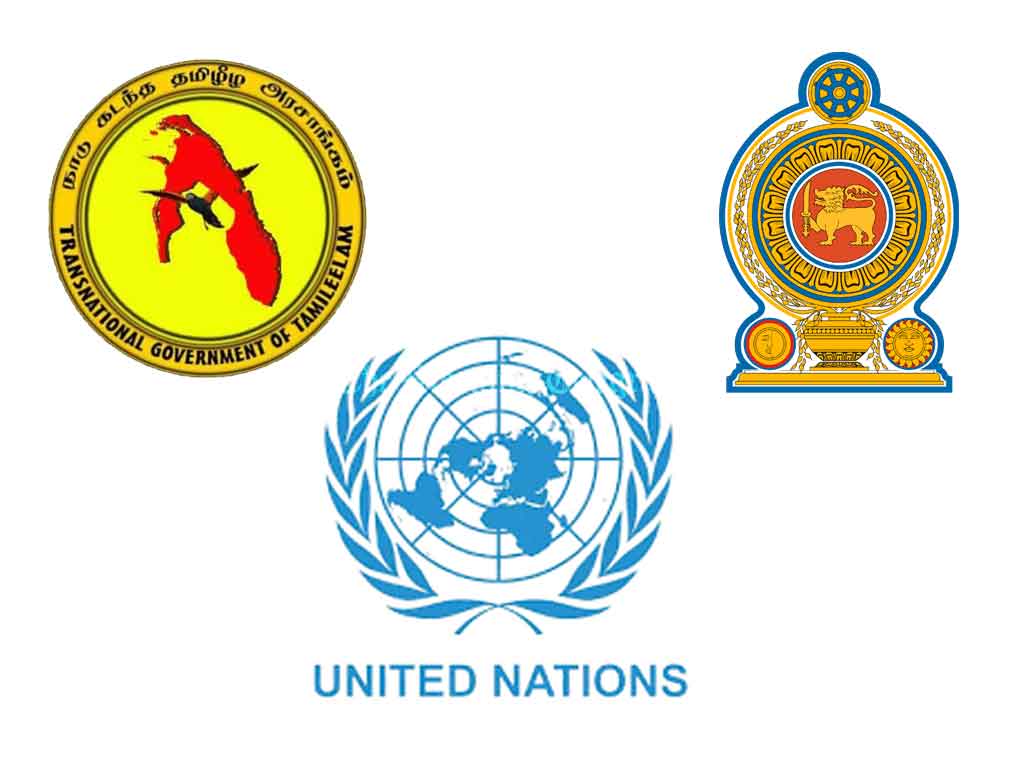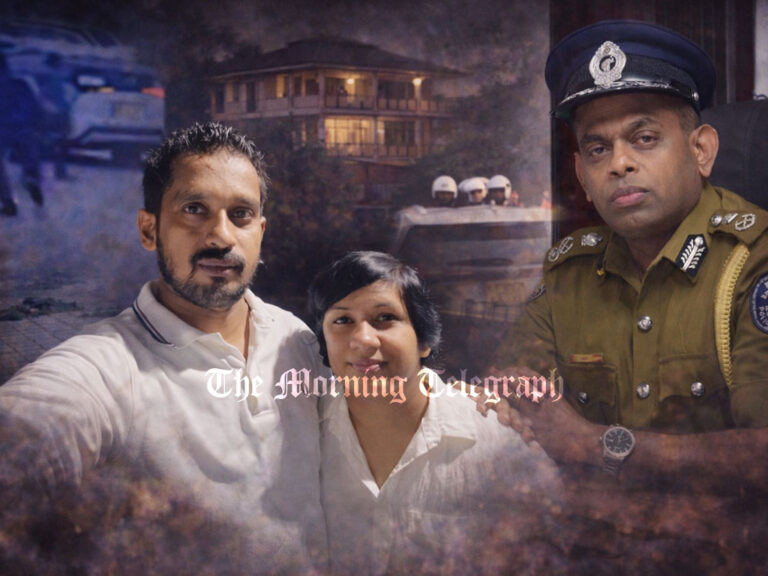
In a formal appeal to the United Nations Working Group on Enforced and Involuntary Disappearances, Viswanathan Rudrakumaran, Prime Minister of the Transnational Government of Tamil Eelam (TGTE), has called on the Sri Lankan government to publicly release a comprehensive list of Liberation Tigers of Tamil Eelam (LTTE) members who surrendered at the end of the Sri Lankan civil war. The request also includes information on the fate of their families, including children and infants, many of whom have allegedly disappeared following their surrender.
In his letter, Rudrakumaran made strong historical comparisons, noting that January 27 marked the 80th anniversary of the liberation of Auschwitz, a tragic reminder of the consequences of state-sponsored human rights violations. He argued that despite the global commitment to ensuring such atrocities “never again” occur, forced disappearances continue to be used as a tool of genocide in certain regions, including Sri Lanka.
Rudrakumaran emphasized that the Sri Lankan government must be held accountable for the thousands of missing Tamils and called on the UN and international human rights bodies to intervene. Specifically, he urged the UN to pressure Sri Lanka to reverse its exemption from Article 31 of the International Convention on Enforced Disappearances, which currently prevents Tamil victims from seeking justice through the committee established under the convention.
His appeal was bolstered by references to statements from Amnesty International Secretary General Agnes Callamard, who has previously condemned the disappearances of Tamil fighters and civilians. Callamard noted that many surrendered LTTE members and their families were taken into custody by Sri Lankan security forces, yet their fate remains unknown.
“Entire Tamil families have vanished after surrendering to the Sri Lankan army, including infants and young children. Many of these individuals were not formally arrested, nor have their families received any information regarding their whereabouts. It is inexcusable that Sri Lanka has failed to provide answers for those who surrendered willingly at the end of the war,” Callamard stated.
Reports compiled by the International Truth and Justice Project (ITJP) have documented evidence of missing Tamil children and families, particularly those who were forced to surrender in the final days of the war. The ITJP’s booklet, “Sri Lanka’s Missing Tamil Babies”, which includes a list of disappeared Tamils, was submitted alongside Rudrakumaran’s letter to the UN.
The TGTE’s statement, referencing a recent analysis on Sri Lanka’s human rights violations, asserts that enforced disappearances were not merely aimed at eliminating individuals suspected of LTTE involvement but were systematically used to exterminate those advocating for self-determination. This, the TGTE argues, constitutes a form of genocide against the Tamil population.
Rudrakumaran pointed to legal precedents, citing Professor Philip Sands’ argument before the International Court of Justice (ICJ) regarding the Bosnian genocide, to emphasize that the mental anguish and trauma suffered by families of the disappeared can be recognized as evidence of genocide under international law.
For years, Tamil families, especially Tamil mothers of the disappeared, have protested across the Northern and Eastern provinces of Sri Lanka, demanding information about their missing relatives. Many of these mothers have staged continuous roadside protests for over 2,000 days, often facing intimidation from security forces.
The lack of proper accountability and justice for these disappearances has reinforced Tamil grievances, with many arguing that Sri Lankan governments—regardless of political leadership—have deliberately obstructed investigations into wartime atrocities.
Rudrakumaran stated that despite the change in leadership, no meaningful actions have been taken by successive governments, including the recently elected National People’s Power (NPP) administration. He accused Sri Lanka’s political system of being deeply rooted in racism, preventing Tamil victims from receiving justice.
In response to the ongoing failure to address enforced disappearances, Tamil civil society groups and human rights activists have declared February 4 (Sri Lanka’s Independence Day) as a “Black Day”. This is intended as a symbolic act of defiance, mourning the thousands of Tamil civilians, fighters, and children who disappeared after surrendering.
The TGTE’s demand for UN intervention underscores the ongoing struggle for justice in post-war Sri Lanka, as Tamil families continue to seek answers about their missing loved ones. The Sri Lankan government’s refusal to acknowledge these disappearances and prosecute those responsible remains a significant barrier to reconciliation and human rights accountability in the country.




